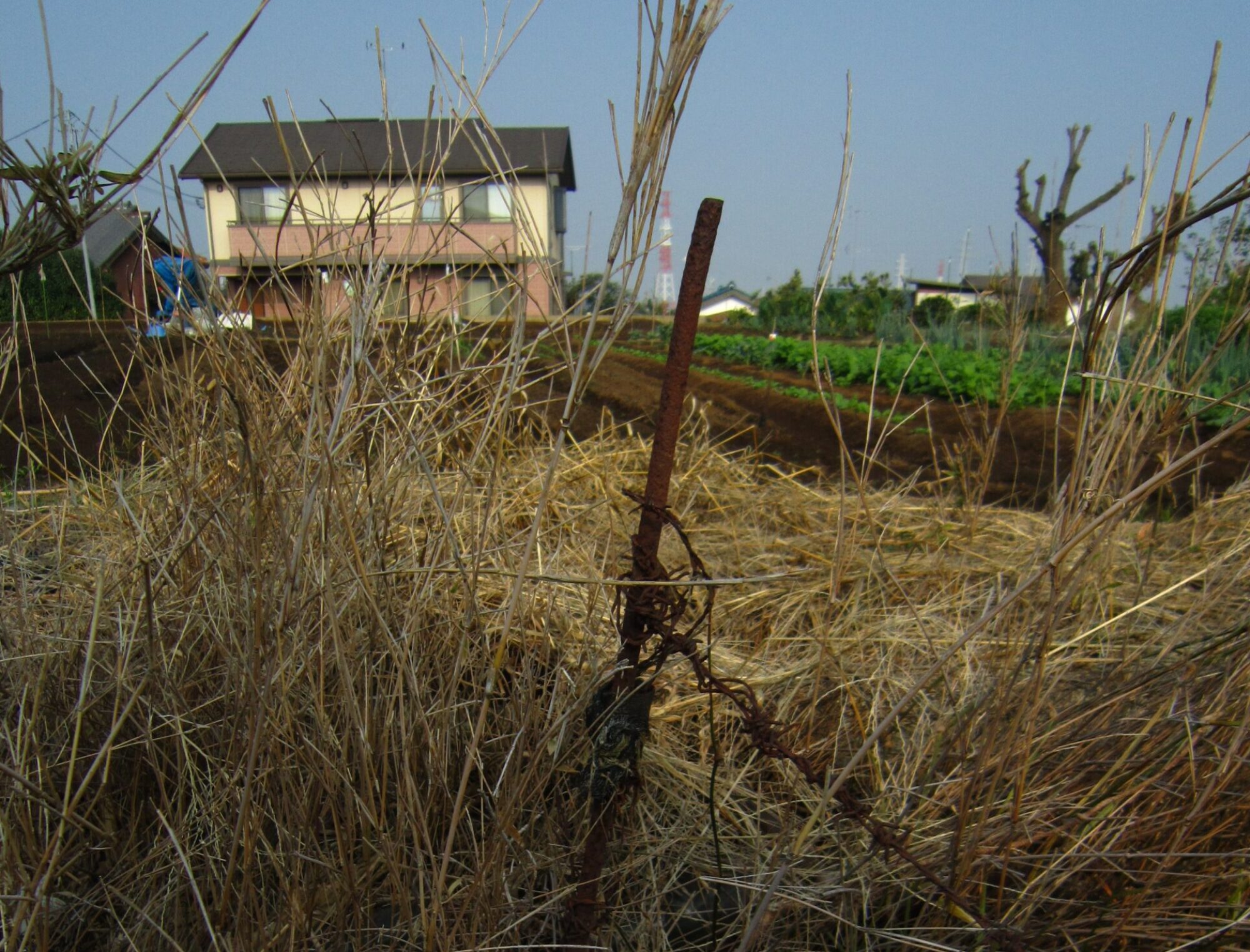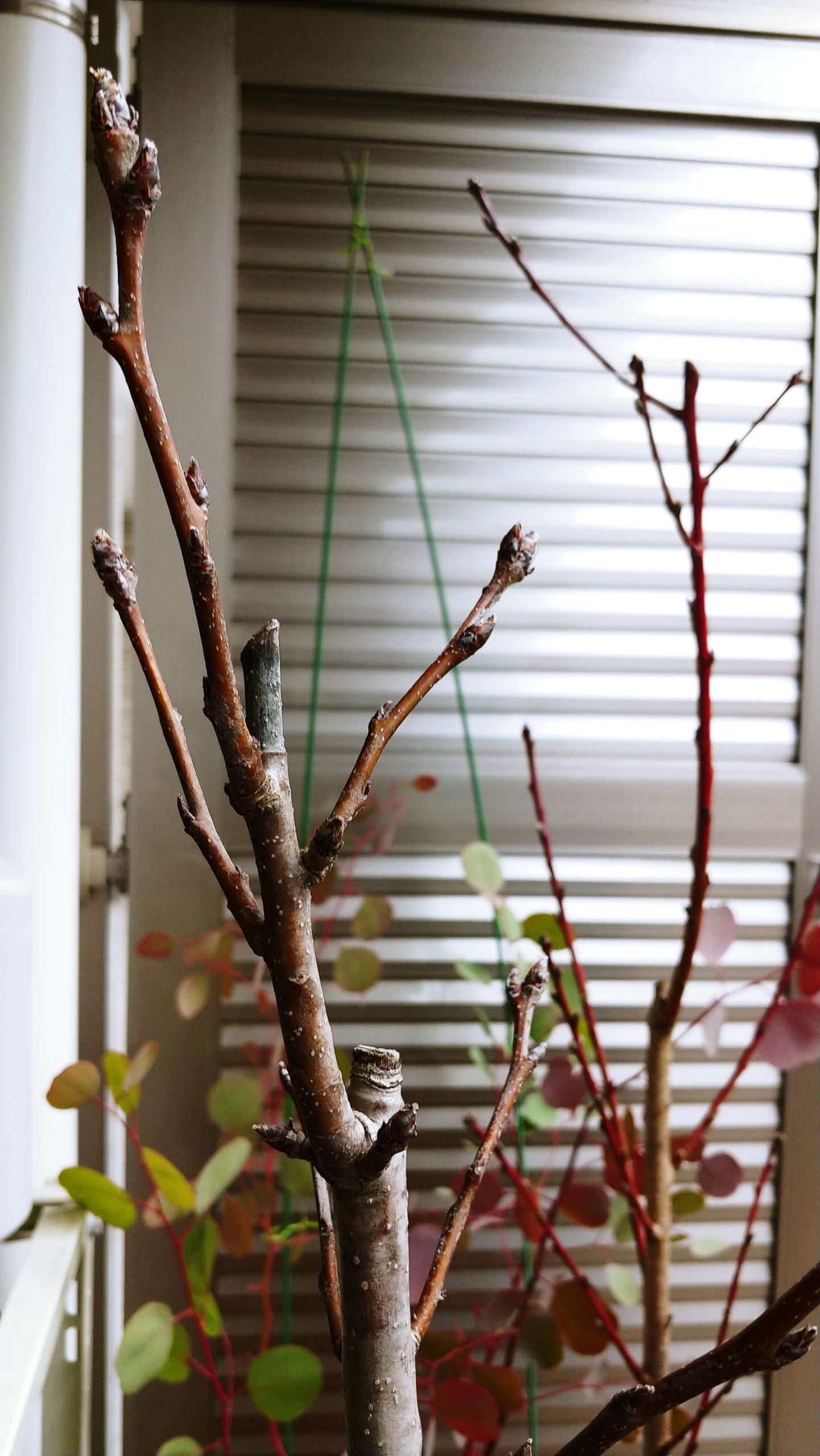I’ve never bought a house in Japan, so I can’t give you all the details you’d need to actually buy one, but I can share with you what I’ve learned from friends who have bought houses here.
First, houses here don’t really go up in price. They’re like cars in that usually they depreciate as time goes by. Reasons for this include people wanting the latest in their homes so they usually buy an old home and then just tear it down to build a new one. Some people are starting to warm to renovating, but I think it’s still more common to tear down and start over on the land.
Houses are also usually shoved right next to each other. That means you might be able to stick your hand out the window and literally touch your neighbor’s house.
The current trend is also to limit outdoor space to sometimes just a driveway. The closer to a city you get, the more this proves to be the case, especially for new builds.
Why, then does anyone even buy a house here?
I think the main driving forces are two factors.
- Eventually you will be able to pay off the mortgage, usually around retirement, and then you can feel more secure knowing you’ll have a roof over your head in retirement.
- Rental apartments here are known for having thin walls. Condos also have their own set of rules they expect you to follow. This can all be suffocating as societal rules here are pretty strict all on their own, and living in a rental or in a condo means those rules follow you home. Living in a house means you don’t have to worry about bothering your neighbors when your kids jump and run around inside or about playing music too loudly and whatnot. You can also design your house however you want (depending on what you can afford).
If you want a bigger house with more outdoor space that won’t set you back millions, I recommend the countryside. One of the major drawbacks is being far from the comforts of a city, not the least of which being medical facilities. Something to keep in mind.
Another option is buying an abandoned house. With the fallen birth rate and declining population, Japan has a huge problem with “akiya” (literally “empty house”), and you can usually get a really good deal on one. Akiya come with their own set of problems, however. I think if you want to look into getting one, I would recommend watching videos like this one to learn more:
I loved watching this guy renovate his own akiya on his videos.


